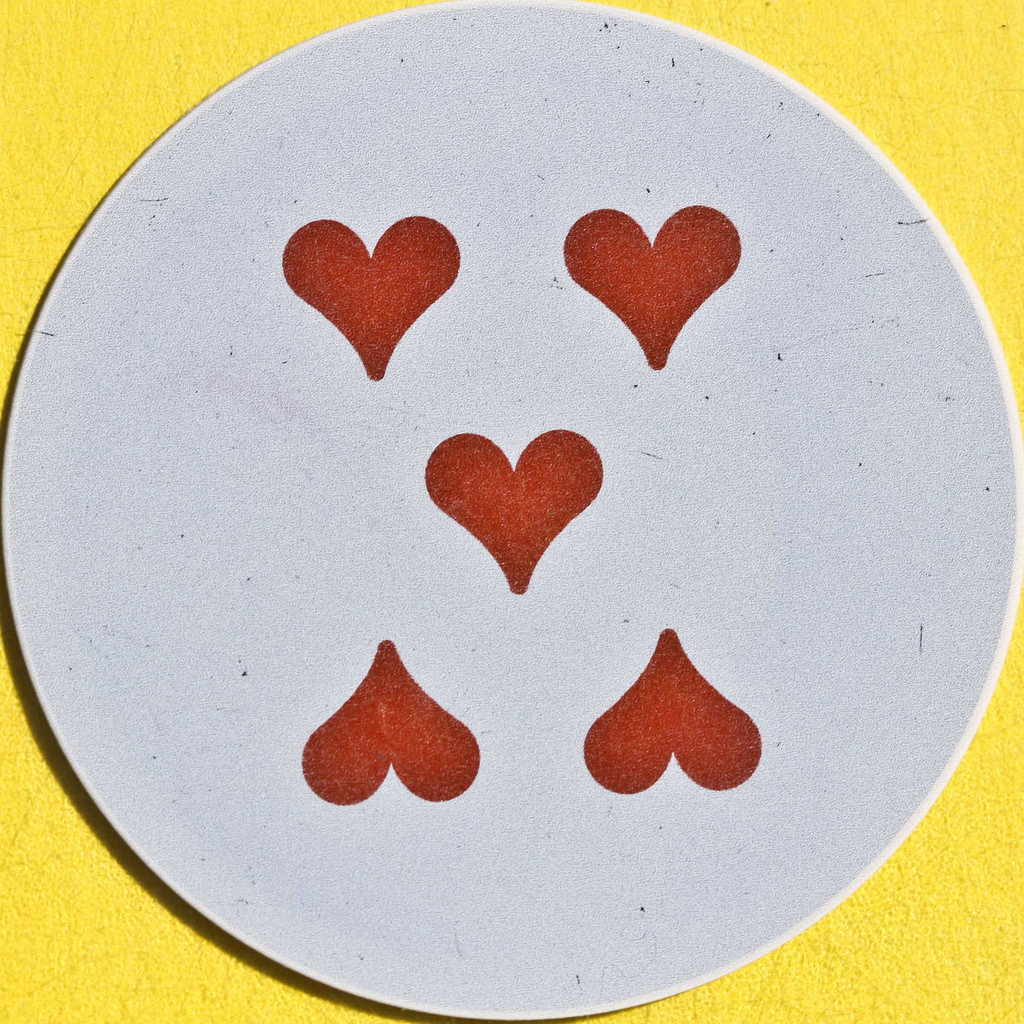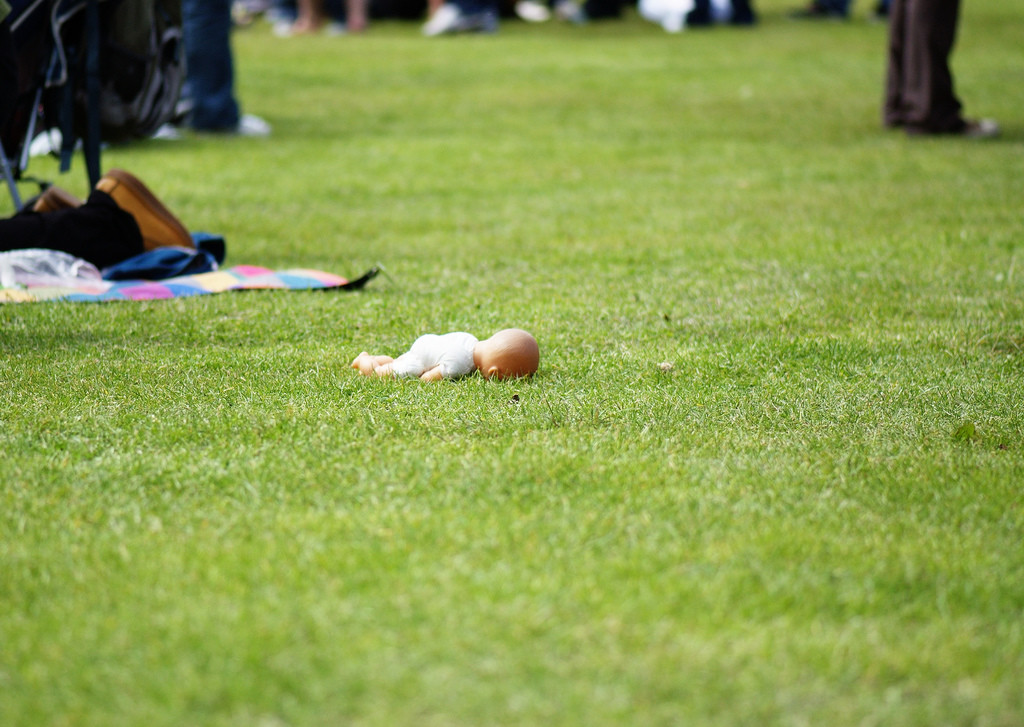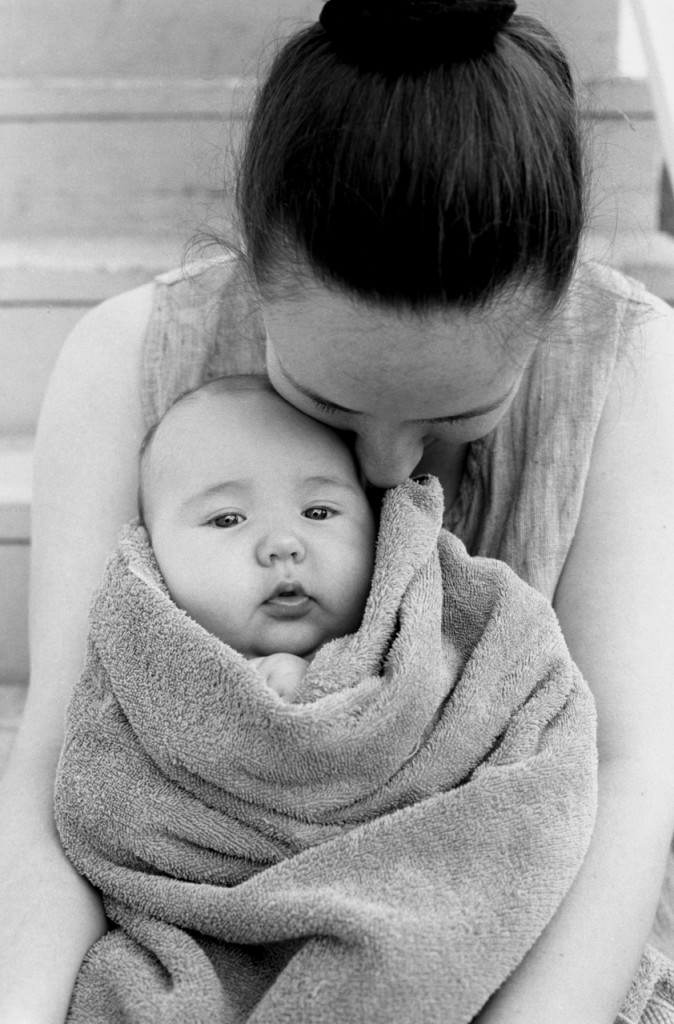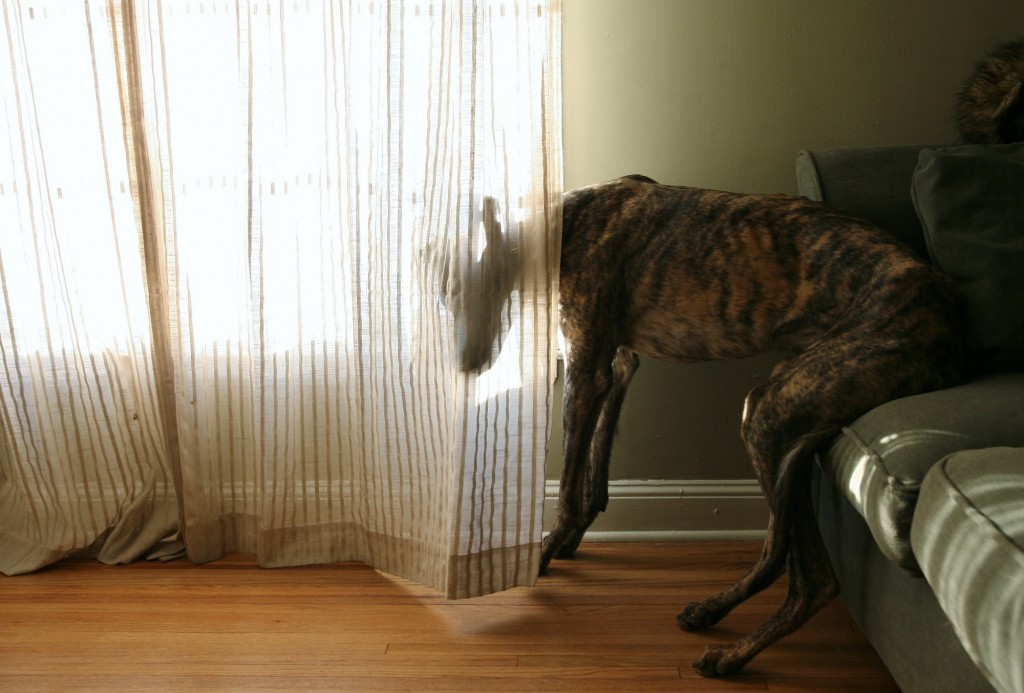
By Carla Sameth
Do you ever have one of those days where nothing feels like what you want to be doing? Like when you said goodbye to your twenty-one-year-old son who is visiting you and your wife in Connecticut where you’re staying temporarily, and he’s heading over to New York City, by train, to experience the city on his own terms? And you are nervous—like old times?
•••
Do you remember saying goodbye to your son as he went into the first inpatient treatment center? Do you remember leaving that day sobbing swimming pools worth of jagged tears? Ear-shattering howling when you were in your car. You thought you’d lost him forever. He blamed you for all of it: the drugs, the anxiety, his unhappiness. You saw the other boys. You’d see this again. You knew about the bullying, imagined the fear, intuited the sense of aloneness. Perhaps he was still hating, while desperately missing you, his mom. Trying to run away and wanting to climb into bed with you. He was still tethered but the line was frayed.
Once you left him at summer camp and he was the one who would not stop crying, who would not stay on the bus while other kids gave quick hugs and skipped happily away for the summer. Later, you might wonder if you should have turned yourself in to the Child Protective Services because you insisted he go. After all, you had plans, he was going with your friend’s son and you couldn’t just send her boy without your son. Then he sent that letter—you know, the please, Mom, rescue me now before it’s too late letter. And when you called, he told you he was okay, not to come. Later you wondered: were they threatening him with something?
•••
Did you know that worms fly onto your car and manage somehow to hold on even as you drive rapidly down the freeway? What makes them cling so steadfastly to the windshield? What are they doing there? Is it fun? Is someone scared for them? Are they saying Wheeeeee!!!
There is a man, Mark Hostetler, who calls himself a “Splatologist” and studies the “bloody show” that appears on windshields. He wrote, That Gunk on Your Car: A Unique Guide to Insects of North America and will tell you what are the most common insects to splat and leave road kill on a windshield.
Another article by Forest Health tells us about Canker Worms on windshields when I see a picture it looks like the worm on our windshield this morning. We—my wife, my son, and I—all wondered about that worm during the twenty minute drive to the train station to drop off my son where he’d take a train to New Haven and another to New York City.
My son’s dad, who I divorced long ago, was nostalgic about departures in a particular way that I can relate to—like saying goodbye to a loved one in a train station. But he was talking about an ex-girlfriend, “the one that got away.” And how you know that’s the end when you hug goodbye and say, I love you.
When my wife and I said goodbye to my son this morning, we knew he was coming back on Monday, and we know that we will see him again before he goes back to California. But what if someone murders him, or rapes him with a steel pipe, or really anything in the youth hostel? And what if he’s so tired and jet lagged (remember, he said he couldn’t sleep all night) and he loses all his identification? And he gets picked up and put in immigration detention indefinitely because he looks so much like he’s from the Dominican Republic, or Ethiopia, or Brazil. What if he’s racially profiled and accused of something that justifies a taking down by police, then he’s arrested, and he ends up on Riker’s Island?
•••
The worm must have lost the battle and been blown off from his sticky spot on our windshield or crawled off as if nothing fazed it. But it’s no longer there. I looked it up and I’m quite certain this is that sticky worm from North Carolina. How did it get there on our windshield here in Connecticut? I was in Charlotte two weeks ago but didn’t go by car. Did the worm come back with me? Come out of my suitcase, my clothes, my hair? Or maybe I ingested it by mistake and it came out in my poop.
•••
Saying goodbye to my son this morning hurt my heart. There are so many things I wanted to do, to be, to give, as a mother. I wanted to leave my son with the ability or means to have financial security, a house (but my second marriage and recession killed that), with a sense of self worth and safe refuge always (although, my wife and I don’t even know where we’ll be physically living in some years). And of course I wanted to be the all-encompassing earth mother.
I can say that he knows I’ll always be there for him. But always calm, I didn’t make the grade. My list of regrets is long and it’s more like an A –Z essay of all the ways I failed.
•••
Thinking and feeling: Worms have a brain that connects with nerves from their skin and muscles. Their nerves can detect light, vibrations, and even some tastes, and the muscles of their bodies make movements in response.
So they have a brain. Does it cause them pain—do they use it to torture themselves?
What about a heart? (This same article says they have five hearts!)
My son wonders what would it be like to be that worm—would life be simpler, easier, less painful?
What does it mean when my son imagines it easier to be a worm then to live his own life?
I get it; I’ve thought about being a cow.
But if a worm has five hearts and each heart can be broken many times in a lifetime, do worms live in constant grief?
•••
My son says his cousins (my sister’s two kids) are just perfect. I ask him to consider himself an amazing person: passionate, creative, with a great sense of humor and justice. To consider all that he is—partially because of what he went through—who created him/his family, and the experiences positive and negative. His recovery that helped solidify the spiritually sound young man he is. I tell him, again, that he has a big life ahead of him. He didn’t have a ready answer but said he thought he knew what I meant. I tell him I love my niece and nephew, but my time with him, well, I didn’t have the right words, but it’s a real three scoop banana split, maybe strawberry, pineapple and hot fudge, without the calories, and more. It’s joyous I tell him, my life with you, or when he sends me a link to a song or movie and watching it makes me cry. The posts on FB where he tells me that he is proud of my graduating from my MFA program. At fifty-seven.
My son has sometimes seemed like he wished to be someone else. Or that his name be Joe, instead of Raphael. When he was about five, a young girl he went to preschool with would come over to play, and one Friday afternoon they fought over the possession of a worm. Don’t worry, they regenerate, they’ll repair themselves my mom told me when I said I imagined they would rip it in two soon. My mom knew these things; she scored the highest in biology (Regents exams) in New York in her day. Raphael wanted to bring that worm to Shabbat dinner. This is not something my sister’s mother-in-law would have appreciated. I was odd enough already—single mom, lesbian, biracial child, financially…variable.
If worms can regenerate, I wonder if they become two brand new beings?
Do people regenerate themselves; do parents secretly hunger for this, an ability to create a second chance for all the earlier screw-ups? Do they live through their children and then try again with the grandchildren, employing entirely different strategies?
I couldn’t regenerate my business and I’m happy to say I finally traded it away to write for pennies or a kick in the pants. Worries fill my head in a way I doubt would happen as a worm but I suspect at ninety- or one-hundred-years-old, I’ll look up and say, And I went all this time without being homeless or hungry. And my son was just fine. God, I hope I don’t live that long. I just want to be a good enough person for the rest of what life I have. And maybe someday spend time with a grandchild or two.
My wife seems to have no desire to be reborn a worm on a windshield. She says she hates people and rails against every living human in her most curmudgeonly times. She doesn’t wish for regeneration, only rest. Once when I wailed about my stockpiled fatigue to my son’s dad, When do I get to rest? he said, You rest when you die.
My son used to cling to me and we seemed inseparable. And then, in his early twenties, it became time for my son to separate from me, and he had to pull away in a manner that felt almost violent in its starkness. When he was in his teens, drug addiction tore him away from me while at the same time we were still fiercely, unhappily intertwined. In recovery, for almost two years, our relationship under repair and thriving, I saw and spoke with him far more regularly than my friends did with their kids who went away to college. They sobbed tears of empty nesters while I was grateful for getting back my loving son. Then it was time for him to move out of the young man’s recovery house and get on with his life. And his young sober social life was more alive then what most of us experienced (not sober) at that time in our lives. Out there enjoying himself, without the same contained structure of the recovery house he’d lived in for almost two years, after we’d been together so intensely all his young life, he sometimes didn’t return a call or text for a few days. He acted like a “normal” twenty-year-old. I got my first dose of empty nest. He was really leaving home, leaving me, and in a healthy way.
I felt gutted. I just remember his little boy head falling over my shoulder when I carried him, asleep. Warm, soft, muggy sweaty lovey heavy feeling.
I remember his little baby lips moving in his sleep, nursing, leaving little milk blisters from sucking so much. And I remember how many ways a mom is split in half each time we say goodbye to our children: at birth, the rare moments one of us sleeps, at preschool where he feels torn away and you wonder whether he sat alone playing in the sand all day like you found him, or at the last residential rehab where there were more drugs inside then outside? I don’t know if we regenerate or not. Or if we are left unmoored. With only phantom limbs.
When my son left for New York this morning, he seemed ready. And tired. He said we snored and his long lanky body was too big for the sofa. My wife and I argued over whose snores kept him awake. And I wonder, will I hear from him today? That he arrived safely and is living his dream of traveling alone in New York City?
He probably has forgotten about the idea of being a worm right now. I miss him.
And I know that I can’t be the sticky worm on his windshield though; I’d fall right off.
All five of my hearts are breaking.
•••
CARLA SAMETH is a writer and mother living in Pasadena. Her story, “Graduation Day at Addiction High,” which ran in Narratively, was selected by Longreads for “Five Stories About Addiction.” Carla was selected as a fall 2016 PEN In The Community Teaching Artist, and teaches at the Los Angeles Writing Project (LAWP) at California State University Los Angeles (CSULA). She is a member of the Pasadena Rose Poets. Carla has an MFA in Creative Writing (Latin America) from Queens University. Learn more at carlasameth.com and on Twitter: @carlasameth.

 Follow
Follow





